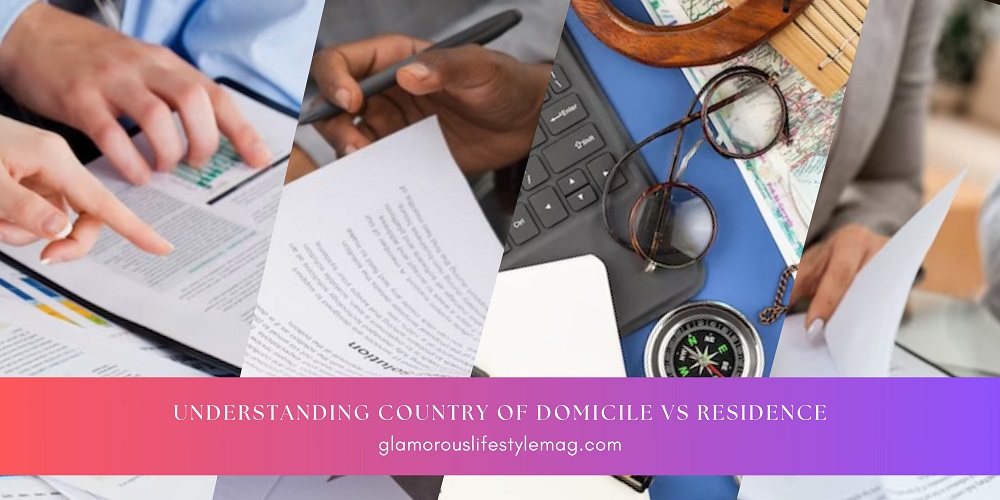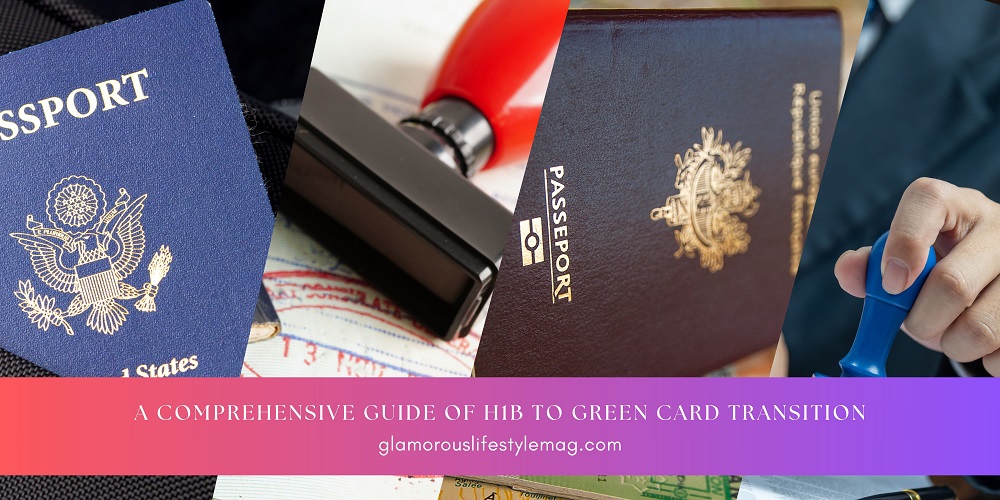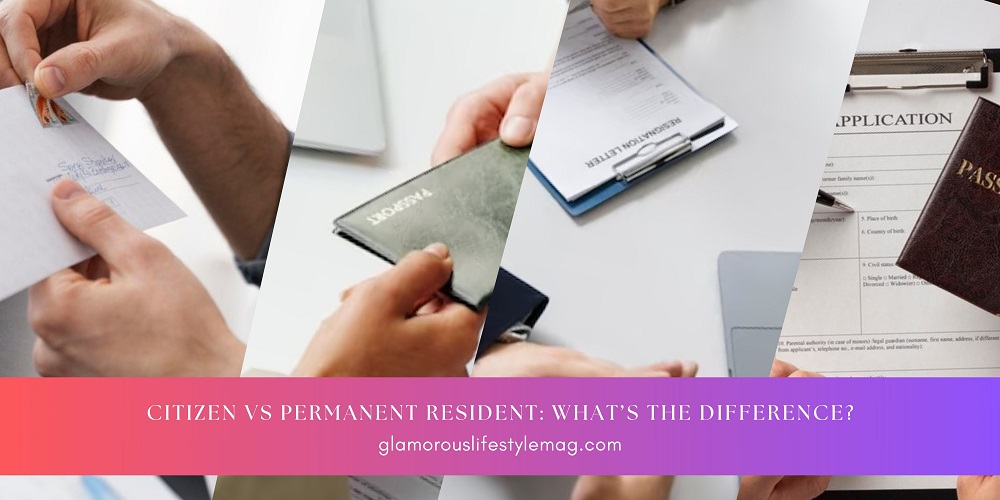
Understanding Country of Domicile Vs Residence
Meaning of Country of Domicile and Residence
The terms “Domicile” and “Residence” are frequently used interchangeably, leading to the misconception that they mean the same thing. Nonetheless, these terms carry distinct legal definitions and implications. “Domicile” refers to your “permanent home,” whereas “Residence” pertains to your “temporary home.”
What is Domcile and Country of Domicile Meaning?
In essence, while you may have multiple residences, you can only claim one domicile. Your domicile is essentially your “permanent” or “forever” home. When you decide to settle in a specific location indefinitely, you become a “domiciliary” of that place.
Furthermore, your country of domicile is the nation where you intend to permanently reside. Even if you relocate abroad, your domicile remains unchanged.
Your domicile of origin, established at birth, is the place where you live with your parents until you reach the age of majority. At that point, you gain the ability to choose your domicile. If your parents were not married at the time of your birth, your domicile status would typically align with that of your mother. However, this determination can be influenced by your parents’ circumstances and the laws of the country in which you were born.
What Is Country of Residence Meaning?
Country of residence meaning is achieved when you live in a country for more than 183 days per year. Generally, residency is considered more transient compared to domicile. While having residency grants you the right to live and work in a country, it may not necessarily be your permanent or forever home.
The Legal Consequences of Your Domicile
Establishing your domicile holds significant importance in various legal contexts, including voting rights, eligibility for government benefits, initiating legal actions, and collaborating with regulatory agencies. Notably, determining your domicile becomes crucial for tax-related matters, particularly in three key areas:
Income Tax
Capital Gains Tax
Inheritance Tax
Moreover, your domicile plays a pivotal role in estate governance upon your demise, and it is particularly pertinent if you possess financial or property assets in foreign jurisdictions.
Can You Alter Your Domicile?
While changing your domicile after turning 18 is possible, it’s a complex process. Initially, you must demonstrate a genuine intention to reside permanently or for an extended foreseeable period in the new country. This shift should signify a lasting change rather than a temporary one.
If you plan to conduct all your affairs in the new country, accompanied by comprehensive changes to documentation like your driver’s license, voting registration, and legal papers, you may provide evidence of a changed domicile.
Living in Two Homes?
Many individuals maintain residences in two different locations throughout the year, regardless of the time division, be it 50/50 or otherwise. In such cases, you still maintain a country of domicile and residency.
Your country of domicile is your true home, the place you return to for most routine activities. If you split your time between two places, your country of domicile may also serve as your country of residence since you dwell there temporarily.
The other country where you reside during different parts of the year becomes your country of residence. Even if you conduct some business there, it remains a temporary location. Importantly, this doesn’t signify abandonment of your original domicile country or your residency country (where you live part of the year).
Country of Domicile FAQs
Can a Person Have Two Domiciles?
No, an individual may only have one domicile. Although you can reside in multiple countries throughout the year, there is one country that governs all aspects of your life.
Why Is Domicile Important?
Your domicile determines the jurisdiction for death and income taxes, legal decision-making authority, and serves as the go-to entity for any legal issues or inquiries.
How Do You Establish a Domicile?
To change your domicile and establish a new residence, you must update your identification, provide evidence of your duration of residence in the new area, register to vote there, and solidify your “home” status by opening bank accounts and exhibiting other indications of permanent residence.
Can You Be Without a Domicile?
No one should be without a domicile. Your domicile is assigned based on your parents’ residence at birth. If you don’t change your domicile upon reaching the age of majority, it remains the same.
Key Takeaway
Be vigilant about your country of domicile. Ensure that you are officially registered in the country where you reside and consider it your home. Even if you travel extensively or own multiple homes, there is one country responsible for overseeing your tax and legal responsibilities — the one that plays a crucial role in managing the significant aspects of your life. If you intend to change domiciles, collaborate with the relevant government authority to determine whether approval is necessary.


